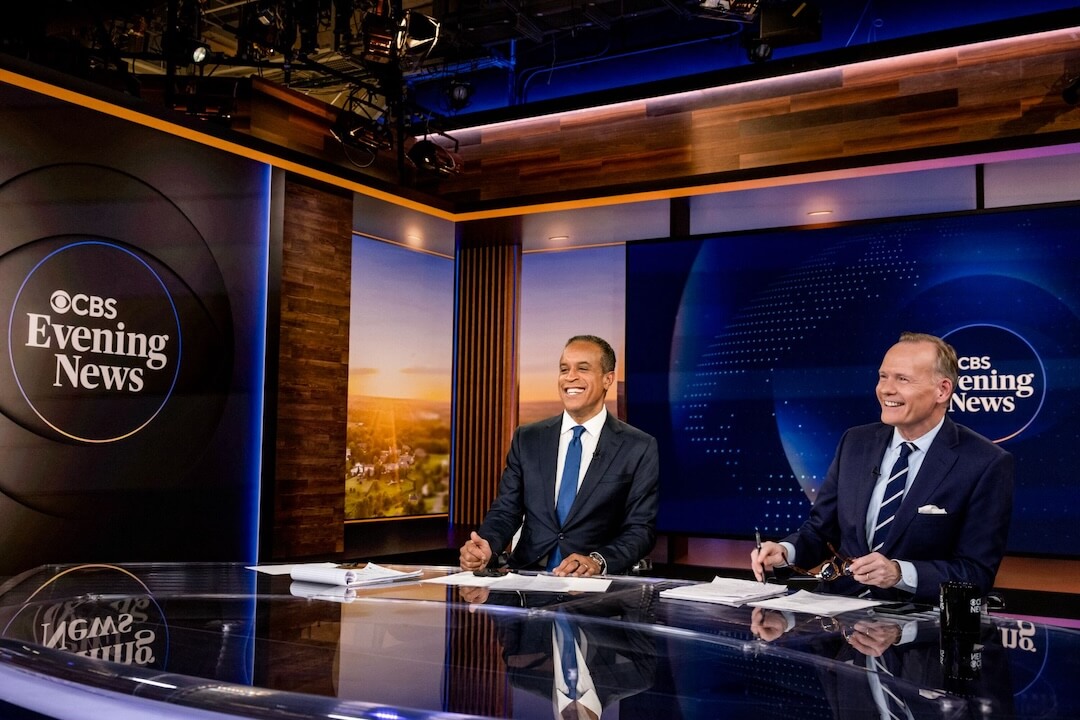You really don’t want to replace Margaret Sullivan.
Being public editor of The New York Times may be the worst job in journalism. No, perhaps it’s the worst in the entire American labor force. She’s had it for nearly four years, labored honorably, and will voluntarily leave next year, it was disclosed Friday.
I bet the Bureau of Labor Statistics agrees about its onerous essence. It must have a list of some sort about this that goes along with the annual one showing how dangerous it is to drive a truck, train elephants, cut timber or work for Chicago Mayor Rahm Emanuel.
For starters, there’s a reason that most media organizations don’t have ombudsmen, public editors or whatever they might call them. It’s sort of like what Jovan Trboyevic, a late and famous high-end restaurant owner, pithily explained to me once as his term for some Chicago food critics.
“Toilet inspectors,” he called them with undisguised derision as I nibbled at a duck pâté with cognac. Nasty people looking for dinky miscues, including insufficient paper towels in the john. Thus, they are disliked by the establishments they inspect.
Most media enterprises don’t really want to know about their screw-ups and certainly don’t want them to go public. And they really do not want their news judgment questioned, certainly not by anybody on their payroll. They’d prefer their “reader representative” to schedule the occasional brown bag lunch for a non-threatening sample of consumers, give them a tour of the newsroom and usher them out with a monogrammed coffee mug.
As for the rank-and-file reporters and editors, they can be a thin-skinned and defensive bunch who will quickly label you as a condescending, arrogant and self-righteous interloper out to undermine their careers.
How dare you question their often-hypocritical use of anonymous sources or shilling for a self-promoting U.S. senator? Or how the sports guys are stenographers for the home teams and the financial reporters bulletin boards for the big companies in town.
It’s all much worse at the best paper in the country. It has the ambitions and resources to cover much of the world in an era of both scaled-down expectations of most mainstream media and the child-like attention spans of clickbait-loving new digital media.
Throw into the mix a truly admirable desire to explain its actions to the outside world, and you’re left with an anxiety-provoking milieu. Civil wars have started over much less.
You must come to work each day dreading the first glance at your inbox. The world’s most engaged news consumers are there to greet you. Many are retired copy editors in Florida who had the paper read in its entirety by 7:25 a.m. They might be combative spokesmen for single-issue nonprofits or forlorn souls still disgruntled over the advent of ATMs.
If there was anything in the paper or online about the Middle East, drones, police shootings, government-leaked reports of a self-serving nature or some event that went underplayed, you must surely look at the nearby clock and wonder if you had best reschedule that early lunch with your college roommate. And then there are colleagues, perhaps bosses, asking if you can “look into” some griping by somebody that they don’t want to handle. Maybe it’s a White House aide or a Fortune 500 CEO. Or just a loyal subscriber who is also a total loon.
Then there will be the voicemails from people pissed off about somebody’s review of a new car, book, movie or restaurant. Or suggesting that a reporter is in the tank for Hillary Clinton, while the Clinton campaign calls to blast the very same coverage as gratuitous. And, after contacting you, they’re contacting the rest of the universe on Twitter.
And then there may be the academic who notes that a reporter’s suggestion of equivalence in the arguments raised on some arcane matter in a story you never saw is total baloney; there’s only one real side, as made clear in several obscure journal articles co-written by him and a Danish colleague that he offers to forward.
In a world of declining commitment by Americans to most institutions, there’s still ample emotional investment by many in The New York Times. Liberals, who don’t think it’s liberal enough, read it closely. Conservatives, who think it’s Marxist, read it closely.
Even Fox News pounds on it, and uses “New York Times” as a pejorative, precisely because of an implicit respect for its breadth and air of authority. The same show hosts who deride it go to sleep dreaming of their next paper-thin nonfiction polemic making its bestseller list.
Then there’s this: If you’re really critical, as Sullivan has often been, people inside the office grouse. They can include the editor himself, who, of late, made clear that he didn’t agree with Sullivan’s assessment of a big exposé about Amazon’s corporate culture. Congratulations to them for letting us know about the in-house kerfuffle.
But if you’re not so critical, those outside the office grouse because you’re allegedly being too protective of your employer.
No matter what you do, no matter that you may be a saint as a person and colleague (and people apparently like Sullivan a great deal), somebody will try to kick your butt.
I once thought that professional hell was being a young and ambitious reporter assigned to the overnight beat at police headquarters in Chicago by a managing editor who conned me into thinking that the paper “finally needs a real writer over there.”
Yeah, right. I spent my evenings with a racist drunk from the rival paper who was old enough to be my granddad and kept offering me a bottle of scotch.
My life was incessant shootings, dank alleys, truth-evading police, vaguely intelligible witnesses and hours spent calling in well-crafted, evocative notes for what proved to be three austerely rewritten paragraphs buried on page 29.
And after I spent weeks producing what I assumed was a Pulitzer Prize-winning essay on the daily dramas confronting the ladies staffing 911 dispatch, the piece ran closer to the sports section than to the front page — and was dropped after the early afternoon edition.
Well, heck, maybe Sullivan’s isn’t the worst job. And if they would give me a break on the exorbitant price of daily home delivery…






